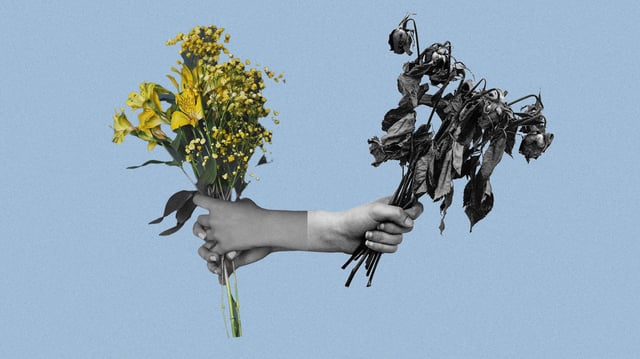Overview
- A study published on May 1, 2025, in the journal Psychology of Religion and Spirituality found that individuals interpret karma differently for themselves and others, often in self-serving ways.
- Across over 2,000 participants from the U.S., Singapore, and India, 59% recalled positive karma events in their own lives, while 92% described others' misfortunes as karmic punishment.
- Cultural differences emerged, with Americans showing the strongest self-serving bias, while participants from India and Singapore displayed weaker tendencies due to cultural norms favoring self-criticism.
- Researchers attribute these biases to two psychological motivations: a desire to see oneself positively and a belief in a just world where wrongdoers are punished.
- This research highlights how supernatural beliefs like karma shape moral reasoning, influence social judgments, and satisfy emotional needs for justice and self-esteem.



